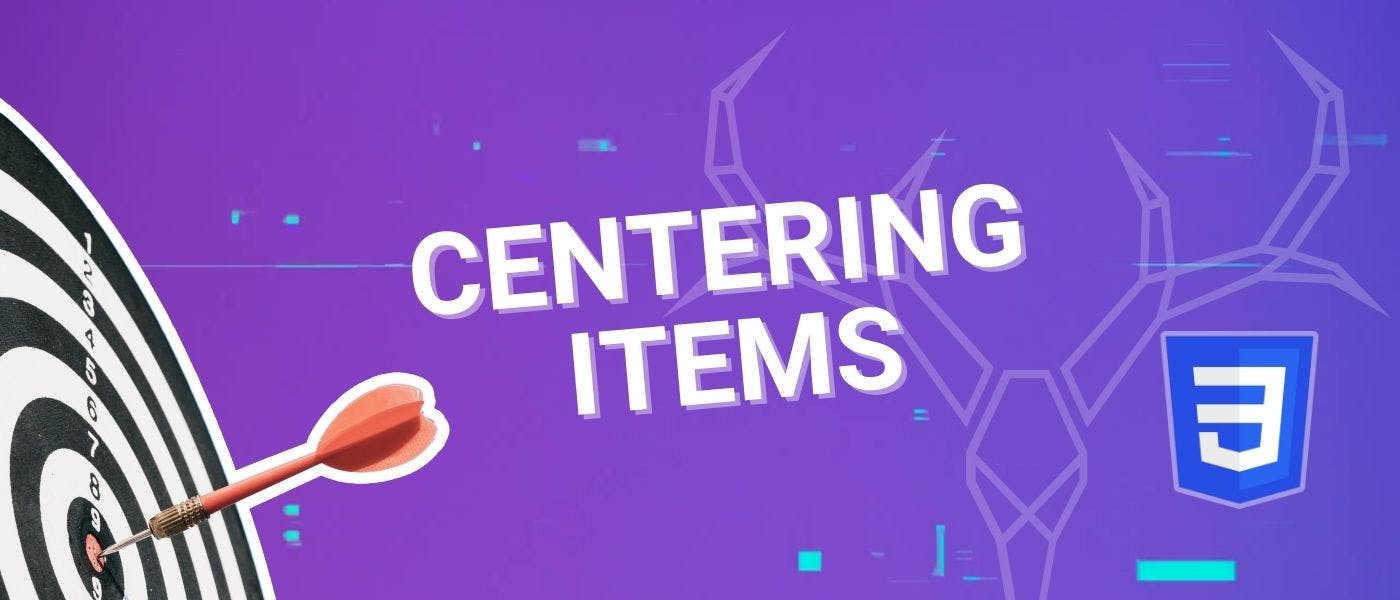Audio Presented by

Hello I'm the Chief of UX at SoCreate. I build things for the web daily & write about the stuff I use/discover/encounter
About Author
Hello I'm the Chief of UX at SoCreate. I build things for the web daily & write about the stuff I use/discover/encounter
